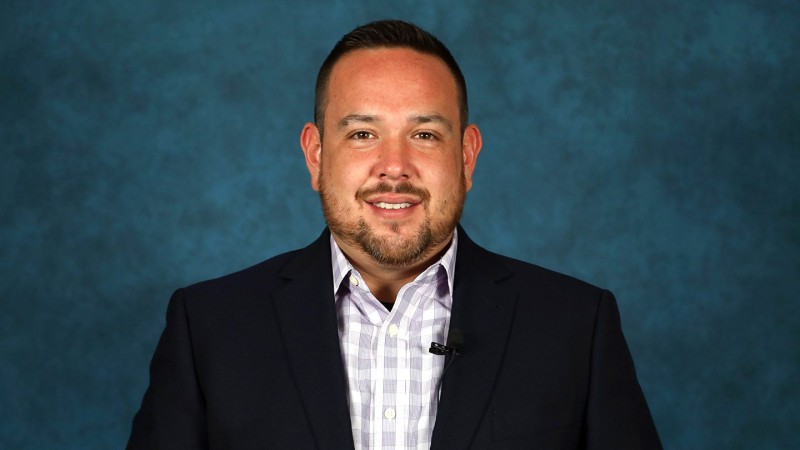The Seneca Nation of Indians has signed an agreement with New York to discontinue ongoing litigation over the tribe’s compact with the state. Seneca Nation President Matthew Pagels revealed on Wednesday that he had decided to drop the litigation in order to begin discussions “on a gaming compact” and to settle “the longstanding dispute.”
Gov. Kathy Hochul celebrated the agreement, and in a statement released on Wednesday night, said she was “pleased to have reached” an understanding for the resumption of the payments “on terms that serve” both the state and the Nation. “I look forward to beginning discussions toward a new compact,” Hochul said, according to The Buffalo News.
The Seneca Nation, which operates casinos in Niagara Falls, Buffalo and Salamanca, first notified the state in March 2017 that it had made its final payment under the gaming compact the tribe negotiated with the state in 2002.
But an arbitration panel later sided with the state, mandating the Senecas to remit $225 million to New York, as part of an agreement to share a quarter of slot revenues from the three casinos. The tribe contended that this should have been overturned because the secretary of the Department of the Interior did not review revenue-sharing payments for the renewal period of the agreement with the state.
The Senecas challenged the decision in federal court, and asked for a review by the Department of the Interior. However, last February, then-Gov. Andrew Cuomo’s administration claimed the Senecas’ obligation had grown to $435 million. A total of three rulings supported the state in the years-long conflict.
“Today, with the support of the Council, and executives, I signed an agreement to discontinue our litigation against New York state in order to begin discussions on a gaming compact and to settle our longstanding compact dispute,” the Seneca president said in a videotaped statement on Seneca Media, retrieved by Olean Times Herald.
In his statement, Pagels remarked how for the last four years of litigation the Nation “vigorously raised” many compact concerns and multiple legal challenges. But now, instead of pursuing continued legal action, Senecas have decided that it is “in the best interest” of the tribe to address said concerns throughout negotiations of a new compact that would provide clarity on obligations from both the Seneca Nation and New York State.
“Our gaming enterprises were developed through the vision, commitment and historic investment of the Seneca Nation. They are a major economic driver and one of Western New York’s largest employers,” Pagels added, according to the cited news source. “They are also the primary source of funding for important services we deliver to our community and nation.”
The Seneca president further said the Nation will secure $40 million in disputed fees and cost savings over the life of the current compact, set to expire in December 2023. He also said the agreement calls for the Nation to remit the disputed revenue sharing payments to the state, although a specific amount to be remitted was not cited.
“We agreed to begin good faith discussions on a compact in the next 60 days,” the tribe said. “Through our efforts, the Seneca Nation has reset the bar for how a compact will be viewed and reviewed at the federal level to ensure that we are being treated fairly and not encumbered by unjust obligations.”
According to Pagels, all Indian nations which offer gaming will benefit going forward from the agreement reached by the Senecas. “This agreement marks a new chapter in the relationship between our governments,” he claimed.
A number of Western New York municipalities were caught in the middle of the gaming dispute between New York and the Senecas after the tribe decided to end its payments in 2017. Among them is the city of Salamanca, Salamanca Central School District and Cattaraugus County.
As part of the 2002 compact signed with the state, the tribe was granted exclusive rights to operate gaming venues in Buffalo, Niagara Falls and Salamanca in exchange for 25% of slot proceeds to be shared with the state. Part of the payments was then expected to be passed to the casino host cities, with local municipalities counting on the funds to balance their budgets.
“The Seneca Nation has learned a great deal about gaming operations and regulations in the last 19 years,” Pagels said. The tribe intends to use that knowledge to negotiate a contract where the proceeds go “to meet the needs” of its people first and foremost.



